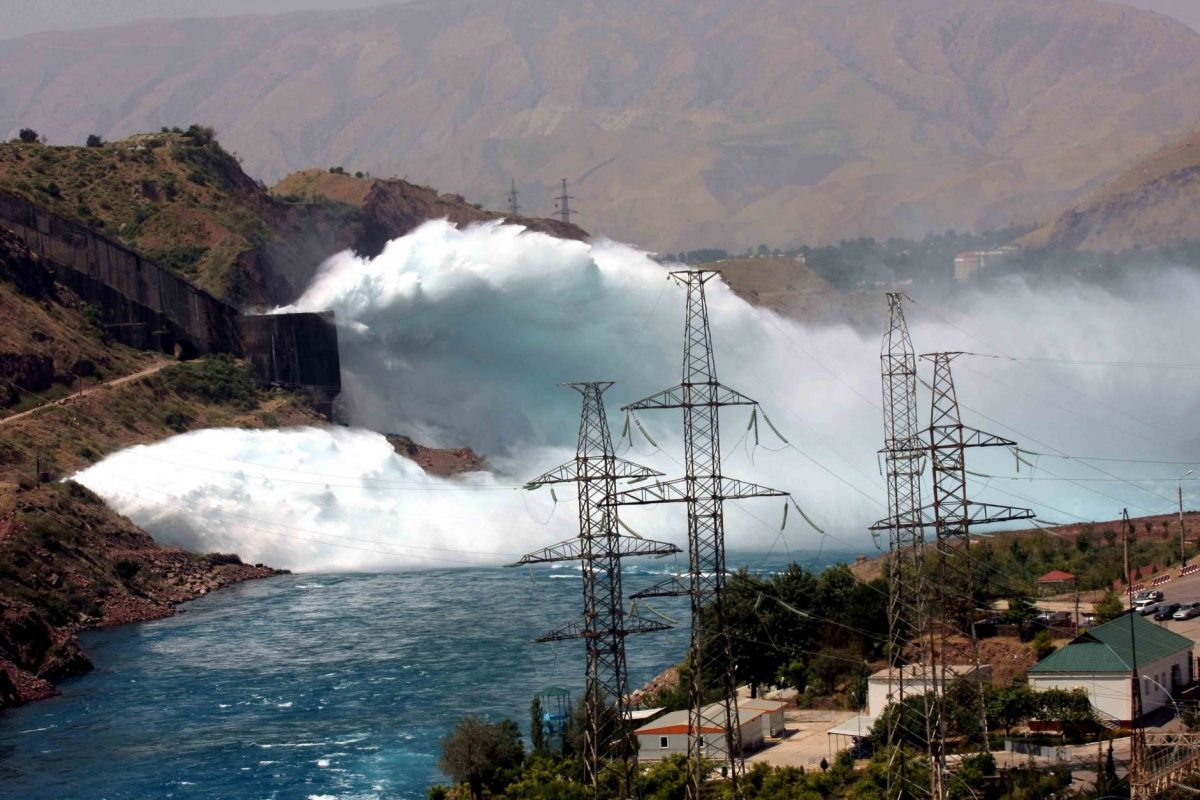The Eurasian Development Bank (EDB) has presented at the UN 2023 Water Conference in New York five solutions that should help streamline the regulation of the water and energy complex in Central Asia.
“We are positive that the efficient use and allocation of water and energy resources in Central Asia require concerted effort. We should solve this problem in the context of the entire region. In our opinion, water and energy resources are the backbone of regional cooperation. Regional water and energy organizations as well as multilateral financial institutions could jointly step in,” Albrecht Conrad, Managing Director and Head of the EDB Directorate of Sustainable Development noted in his statement delivered at the Conference, according to the EDB press center.
First, the countries would benefit from an open and constructive regional dialogue on the common principles for the regulation of the water and energy complex in Central Asia and the subsequent adoption of these principles.
Second, searching for regulatory solutions should involve established institutions that have the necessary legal framework and status.
Third, it would be economically feasible to set up an International Water and Energy Consortium for Central Asia to foster the construction and more efficient operation of large hydropower facilities.
Fourth, various forms of financial operators’ participation in the consortium should be considered. Financial operators have many functions, from arranging long-term syndicated loans to providing settlement services and technical assistance.
Fifth, the EDB suggests providing more resources for cross-country and cross-sector research and considering the establishment of an International Research Centre for the Water and Energy Complex of Central Asia.
“All these proposals have been peer-reviewed and discussed with the relevant governmental authorities of most of the Central Asian countries at working meetings. In the future, the consortium could give rise to an entire “ecosystem” of organizations such as the International Research Centre for the Water and Energy Complex,” Mr. Conrad added.
In addition, the joint regulation of water use would strengthen economic, trade and investment cooperation in Central Asia and could foster the creation of a single energy market in the region.
“In our view, water and energy resources are the backbone of regional cooperation. Regional water and energy organizations as well as multilateral financial institutions could become a link in this process,” the EDB official concluded.
Following the UN Water Conference, Kazakhstan, Tajikistan, Turkmenistan and Uzbekistan are reportedly expected to release a joint statement setting out the basic principles of cooperation in this area.
The Bank is reportedly implementing the Central Asian Water and Energy Complex mega-project based on research and projections of the most effective ways to comprehensively develop the sector. The Bank analysts have already conducted studies such as Investment in the Water and Energy Complex of Central Asia and Regulation of the Water and Energy Complex of Central Asia. The EDB has also formed a list of projects to provide the region with the electricity and water it needs.
The Eurasian Development Bank is an international financial institution investing in Eurasia. For more than fifteen years, the Bank has worked to strengthen and expand economic ties and foster comprehensive development in its member countries – Armenia, Belarus, Kazakhstan, Kyrgyzstan, Russia, and Tajikistan. The EDB's charter capital totals US$7 billion. Its portfolio mainly consists of projects with an integration effect in transport infrastructure, digital systems, green energy, agriculture, manufacturing, and mechanical engineering. The Bank’s operations are guided by the UN Sustainable Development Goals and ESG principles. The Eurasian Development Bank has observer status in the UN General Assembly.




